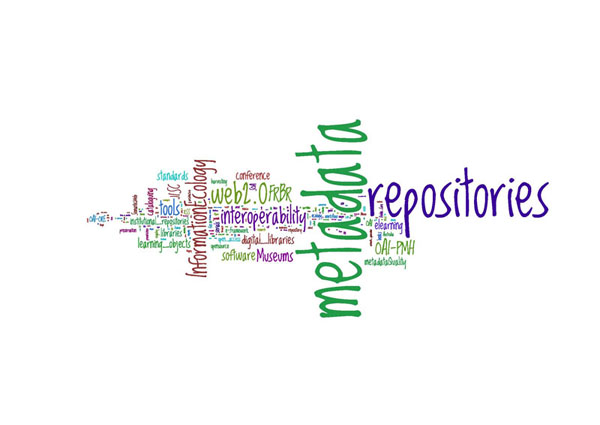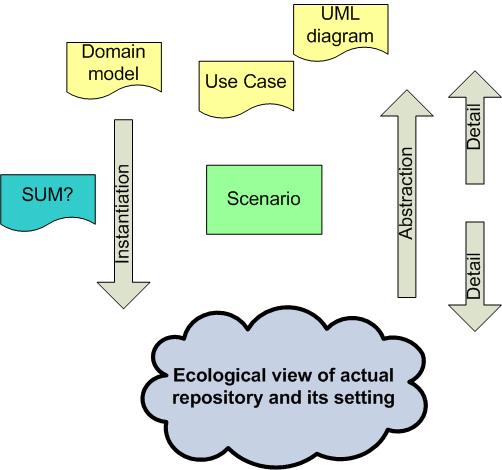or Adventures with Firefox 3, Del.icio.us toolbars, and Wordle
I’ve been using del.icio.us for a while for work and find it a really good way to keep track of stuff. Although to be honest I find it most useful as an ability to keep track of other people’s stuff. I spend a few minutes each morning looking at what my network has been bookmarking or things that have surfaced through my subscribed tags. A little collective intelligence goes a long way and I’ve also found it a good way to share relevant resources with colleagues as I find them.
this week has been an interesting one for my del.icio.us account for two reasons – Wordle and Firefox3
I think I just about made it into the launch day download for Firefox 3 but was disheartened to find that some of my favourite add-ons have died. tinyurl; morning coffee; and the del.icio.us plugin.
A quick check today showed that although it wasn’t showing up as an update del.icio.us have a new toolbar plugin – so uninstall the old one (how archaic ![]() ) and load the new one… easy…
) and load the new one… easy…
well not quite – the new one comes with a wizard… and like most Wizards (or other mysterious characters at the beginning of a game or story) this one offers a choice and not an especially pleasant one. Enter the wonderful new world of Firefox 3 with a del.icio.us toolbar to make life easy and either – upload all your existing offline bookmarks or discard them…
The new delicious plugin is designed to replace the browser’s bookmarking functionality. Thankfully there is an option to keep these newly uploaded bookmarks private (so that you’re only sharing them with del.icio.us and Yahoo…) – this means that my network and the wider world will be spared all the out of date trivia in my bookmarks- for now at least.
As I work through the 600 new bookmarks I have on del.icio.us to see which of them I will usefully make public (lots of good older references), which I will delete (how many links to old meet-o-matics is it possible to have), which I will keep to myself (do I really need to publicize the login screens for all the work systems I manage or just how long I played Battlefield 2 for…)
I can certainly see why del.icio.us might want to have all this information but I feel it’s a bit sneaky changing a simple tool into a data gathering monster. And that’s without thinking about the chaos when advanced users opt to make all their migrated bookmarks public… what do you have in your bookmark closet?
You might ask why anyone would chose to use this plugin. In short it just makes it easier to use del.icio.us and I now get a little browser email everytime some posts a link for me or a little button which tells my network is active (a button that, I suspect, will never be greyed out). There is something sadly cool about this.
That brings me neatly to why I would want to spend time making bookmarks public and tagging them. In part this has to do with something resembling my own machinations of knowledge management and in part because sharing knowledge (or at least pointers to knowledge) lets cool things this happen… form the serious to the just plain brilliant (if perhaps not immediately purposeful). Wordle http://wordle.net/ visualises your tag clouds- it’s not a particualrly new idea – it just does it wel. You can give it a textblock or a del.icio.us uesr name and it does this
These are my tags as of yesterday – once I get all my new links public this may change somewhat but I’ll have to wait and see.
edit (for the gamers): Should really have called this – ‘All your bookmark belong to us’


